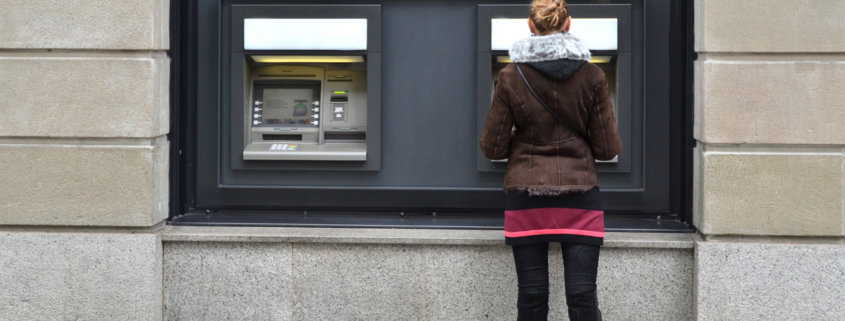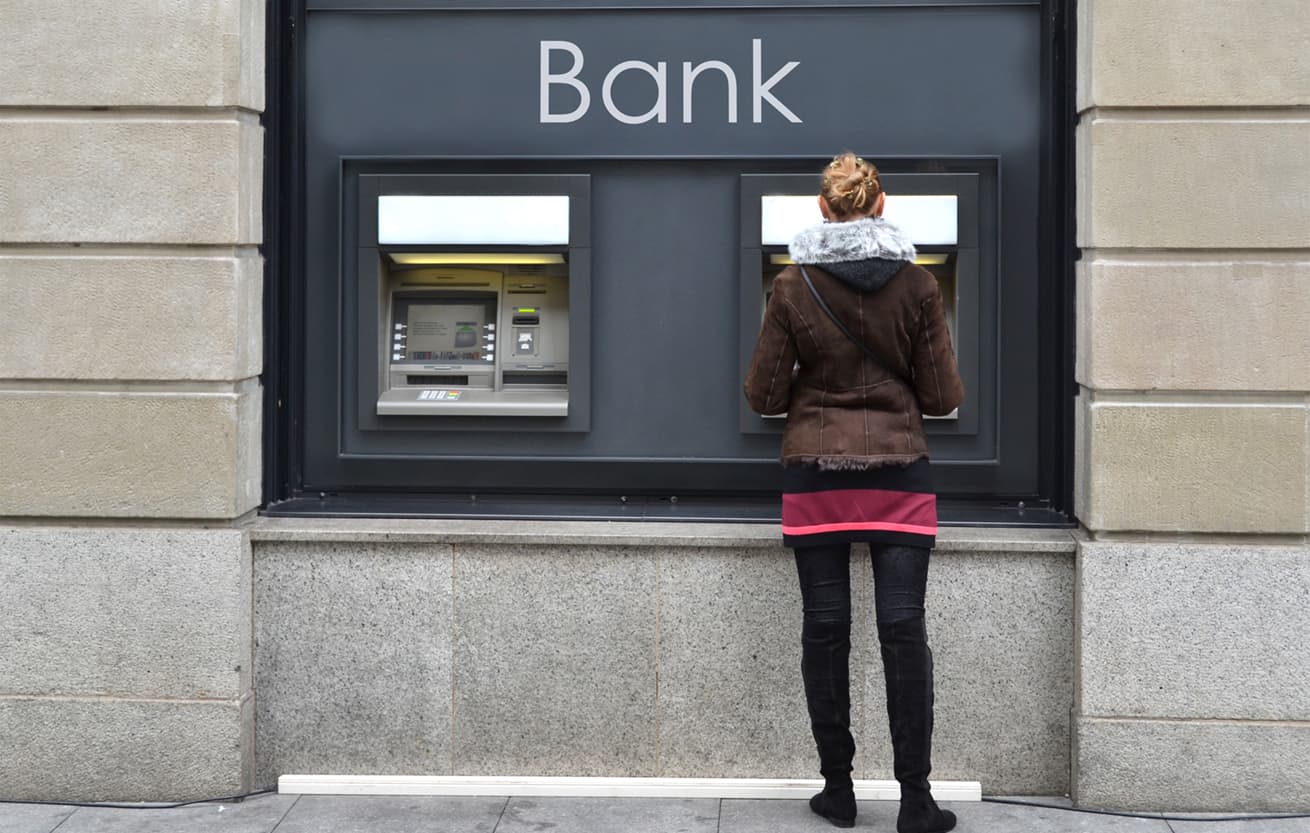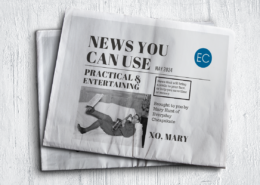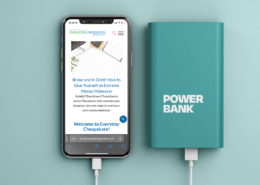Should You Be Worried About Your Money in the Bank?
On the off chance you haven’t been paying attention to world news, several banks in the U.S. have collapsed ( gone broke, busted, washed up, taken down, bankrupt) in recent days. Now others both here and abroad appear to be threatening to follow suit.
In a nutshell
What this means is that these failed banks accepted customers’ deposits, then lent out, and invested some of that money (which is what all banks do). However, due to inept management and lack of oversight, things went flying off the rails and I’m not talking about East Palestine, Ohio (another disaster all on its own).
Risky business
See where this is going? These banks made too many risky investments and loans to the point their debts outweighed their assets. Word got out; depositors panicked, sending them flying to the bank to withdraw all of their cash. And that caused what is known as a “run on the bank” cue the movie, It’s a Wonderful Life.
Sorry, out of cash
When everyone shows up to withdraw money at the same time, and the bank doesn’t have that much reserve cash sitting in its vault to comply, the bank goes belly up, otherwise known as insolvent.
Is it contagious?
This brings us to today’s topic. Is this situation contagious? Might your bank be in similar trouble? Should you take your money and run? That’s a tough question. You’re the only one who can make that decision, however experts I have consulted would not necessarily give us that advice.
There are limits
Nearly all national and regional banks in the U.S. carry insurance issued by the FDIC (Federal Deposit Insurance Corporation) to cover this very thing. When an insured bank (or credit union) goes under, depositors are made whole even if the bank runs out of cash. But only to a limit. Both the FDIC and NCUA standard limit is $250,000 per depositor, per insured bank, for each account ownership category.
If your balances are less than $250,000 you need not panic. Or even be concerned. If your total balance exceeds $250,000 you need to spread it around in more than one bank to make sure you remain 100% covered.
Pro Tip
There is a calculator called “EDIE” at the FDIC’s website that works well for determining your FDIC or NCUA insurance coverage:
For those who cringe at giving away personal information, if you use this calculator just know that when it asks you to enter your bank’s name, you can actually enter any bank—the rules are the same no matter what bank you select.
What’s the alternative?
Where would you put it if you succumb to worry and pull all of your money from the bank? Under the mattress doesn’t seem like a very good idea as there it is subject to both thievery and fire.
Another idea would be to bury it in the backyard. And how safe is that? You’re overcome with worry now just imagine leaving home wondering who might have seen you dig that hole? This too is not a good idea.
That leaves investing it in the stock market or responding to a late-night TV commercial to buy silver (or gold). You’ve probably already taken that route if you possess the smarts and education that kind of move requires. So let’s take that option out of the picture, too.
Trust but verify
Provided that your bank is FDIC insured (NCUA for credit unions)—look for signs all over the lobby, ATMs, front door, and website indicating this coverage—and you have not deposited more than a quarter of a million bucks, you can relax. Your money is as safe today as it was last month and for years before.
That being said, wisdom dictates that you keep an eye on things. Check your balances every day using the bank’s app or online service. Balance your statements monthly. Do not assume anything. Always verify.
Instead, worry about this
A situation could happen any day for which the FDIC would not come to your rescue. Sure, your money is safe in the bank, but what if your access to your money is cut off? This will happen if there is a power outage caused by any number of disasters
Everything in a bank, including the locks on the doors and access to the vault, is controlled electronically. Without power, the manager might be able to open the door with a key, but that’s about it.
ATMs will be down. Credit cards won’t work because that little credit card machine will go done and there will be no way for retailers to accept your card for payment.
Grocery store checkout computers and cash registers will go dark. There may be personnel available to accept cash, but will they be prepared with sufficient currency and coins to give you change if all you have are big bills?
Cash on hand
You need to take money out of the bank—enough cash to fund your basic living expenses should there be a power outage. Start with enough for a week, then add to it from there as you are able.
Don’t make it a stack of $100s. Small denominations make more sense for all the reasons above. And make sure you have a good supply of coins, as well.















I think all would agree that we have been concerned and Weiss ratings is a place we can all use to check on our banks and credit unions. One very well known credit card went from an A plus down to a C minus in a matter of months as people default on credit cards. People need to pay more attention EC. Be cautious yet have faith.